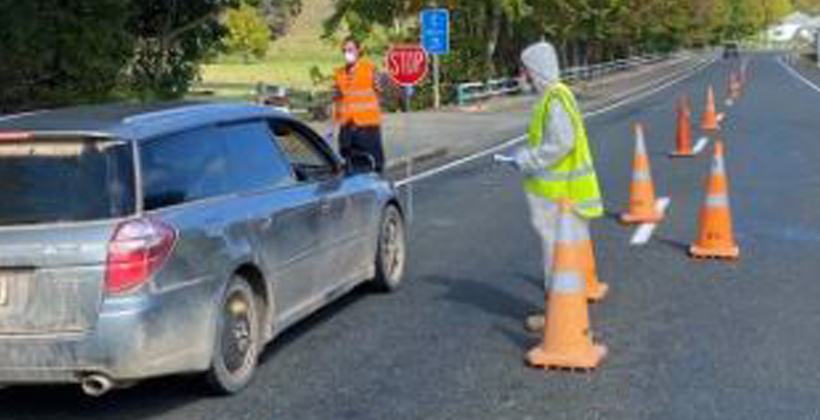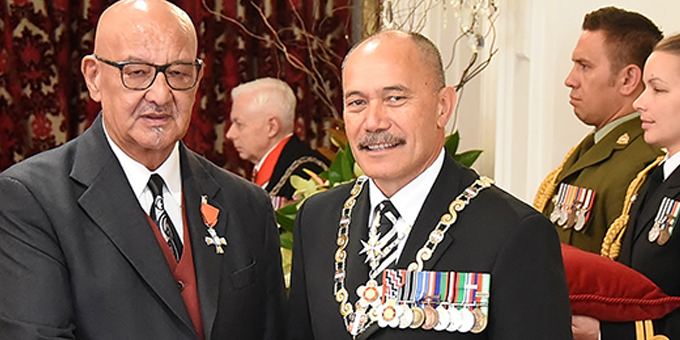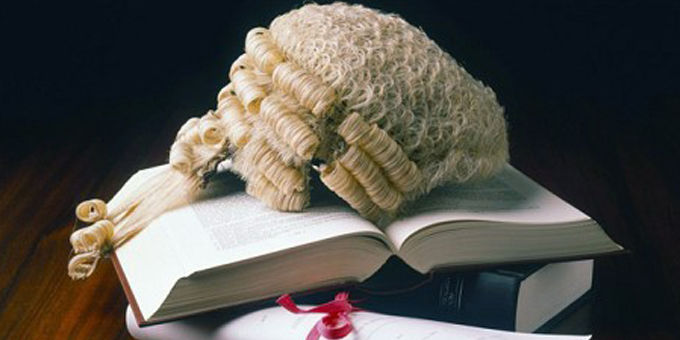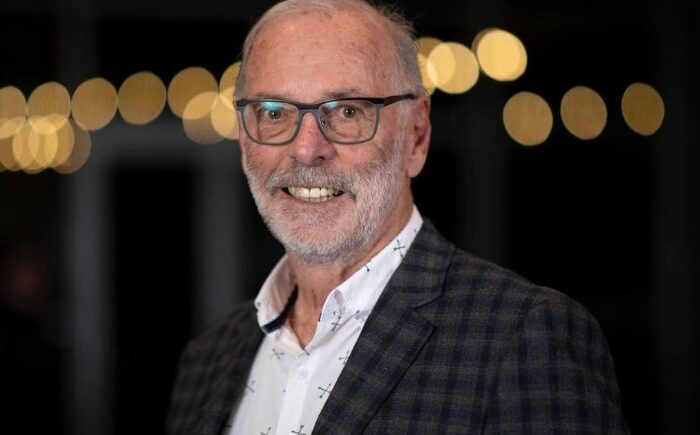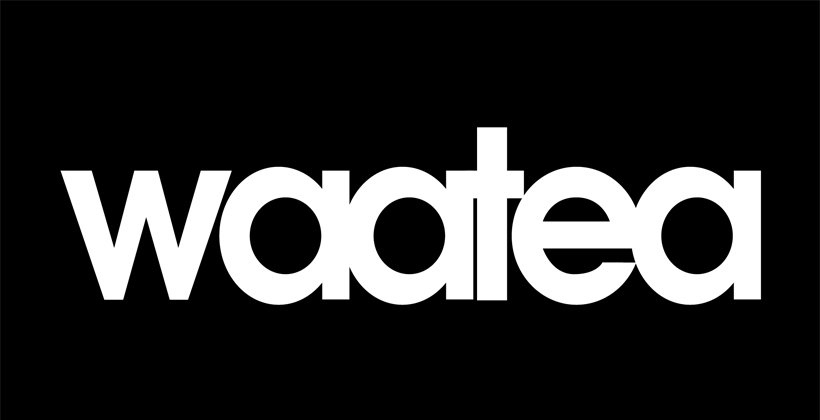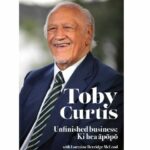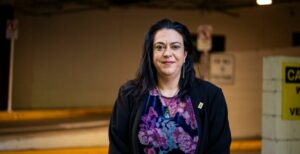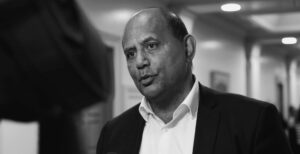November 27, 2022
Modern Aotearoa still locked in colonial shackles

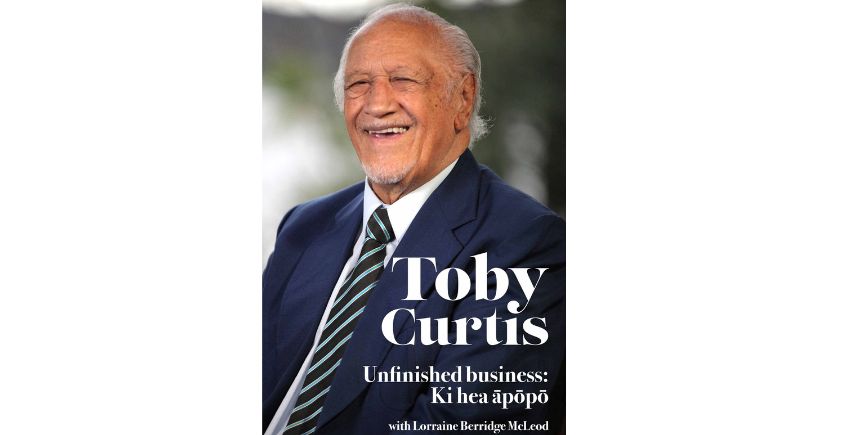
Media Release: Modern Aotearoa still locked in colonial shackles
In one of his final acts of service to Aotearoa, the late Dr Taa Toby Curtis issued a powerful reminder that the work to build an equitable society in Aotearoa New Zealand must continue.
“It is, from my perspective, the colonial shackles of governance that need to make way for the indigenous contribution to our way of life in Aotearoa.”
Completed in his final weeks, Taa Toby’s memoir: Toby Curtis — Unfinished Business: Ki Hea Āpōpō was launched with whānau, friends and close colleagues in Rotorua last night.
An honest, first hand exploration of Taa Toby’s decades of service to the country, he minced no words about colonisation and the ways the state continues to fail Māori.
“With colonisation came an erosion of land, identity and resources. Once all those things have been removed from you, it is difficult to operate from a base of confidence or empowerment.
“One of the key issues that has acted as a barrier for Māori development has been that our entire state and system of government has been established on a Western philosophy. The Pākehā colonisers in Aotearoa had an automatic fallback position to the English language and other European philosophies.
“In my opinion, several generations later, the cultural beliefs of many are still inherently British. This view does not fit with our Māori world view, and we have spent countless hours justifying, explaining and proving that how we see the world is valid, meaningful, and works for us.”
Despite feeling his life’s work to be unfinished, Taa Toby remained hopeful for an equitable, inclusive Aotearoa.
“More recently, I have felt proud of what seems to be a more accepting attitude by many tauiwi to te ao Māori. I have already mentioned the pride and pleasure I feel in hearing newsreaders pronounce Māori place names or terms correctly, or when Pākehā support changes that benefit Māori.
“I feel there is much more work to be done and not enough time to do it, but I am very impressed by the proud and competent young Māori people who are coming through.”
TOBY CURTIS — UNFINISHED BUSINESS: KI HEA ĀPŌPŌ
Extract from pages 145–47
© 2022 Taa Toby Curtis, Lorraine McLeod and Oratia Books
With colonisation came an erosion of land, identity and resources. Once all those things have been removed from you, it is difficult to operate from a base of confidence or empowerment.
This has been a multigenerational struggle. And it is still ongoing. In fact many of us, in our day-to-day lives, are advancing the future of our people by breaking down stereotypes, removing barriers, building a bridge of cultural understanding between organisations and tangata whenua.
One of the key issues that has acted as a barrier for Māori development has been that our entire state and system of government has been established on a Western philosophy. The Pākehā colonisers in Aotearoa had an automatic fallback position to the English language and other European philosophies. In my opinion, several generations later, the cultural beliefs of many are still inherently British. This view does not fit with our Māori world view, and we have spent countless hours justifying, explaining and proving that how we see the world is valid, meaningful, and works for us.
It is, from my perspective, the colonial shackles of governance that need to make way for the indigenous contribution to our way of life in Aotearoa. The Crown agreed, in signing Te Tiriti o Waitangi, that it would ensure ‘the Maori people’s material assets, culture and social system’ are guaranteed, but this has not been upheld. It is incumbent on the nation to ensure that Māori language is safe. This will occur only when Pākehā people learn and use te reo in the same way we take for granted that every Māori uses English words and speaks the language so that it is understood by Pākehā.
We also need to ensure that Māori have political liberty, economic independence, and social equality. Only then can we say that we, the two major peoples occupying Aotearoa, are, indeed, one nation. Due to the changing nature of our birth rate in Aotearoa, Māori population growth is outnumbering Pākehā on a 3:1 basis. Perhaps this will also help enable Māori to again take their rightful place in running the country and achieving the goal of being a unified nation.
More recently, I have felt proud of what seems to be a more accepting attitude by many tauiwi to te ao Māori. I have already mentioned the pride and pleasure I feel in hearing newsreaders pronounce Māori place names or terms correctly, or when Pākehā support changes that benefit Māori. I believe what is good for Māori would also be good for Pākehā; that the increasing willingness of Pākehā to participate in te ao Māori will be unifying rather than dividing. I am hopeful that the improving attitudes of Pākehā will help with confronting racism and rebuilding a society that is more equitable.
I feel there is much more work to be done and not enough time to do it, but I am very impressed by the proud and competent young Māori people who are coming through Māori-medium schools and institutions to take a full role in professions and trades. I am excited by their success and their work for iwi, hapū and whānau, and I feel positive about them taking the reins.
END

